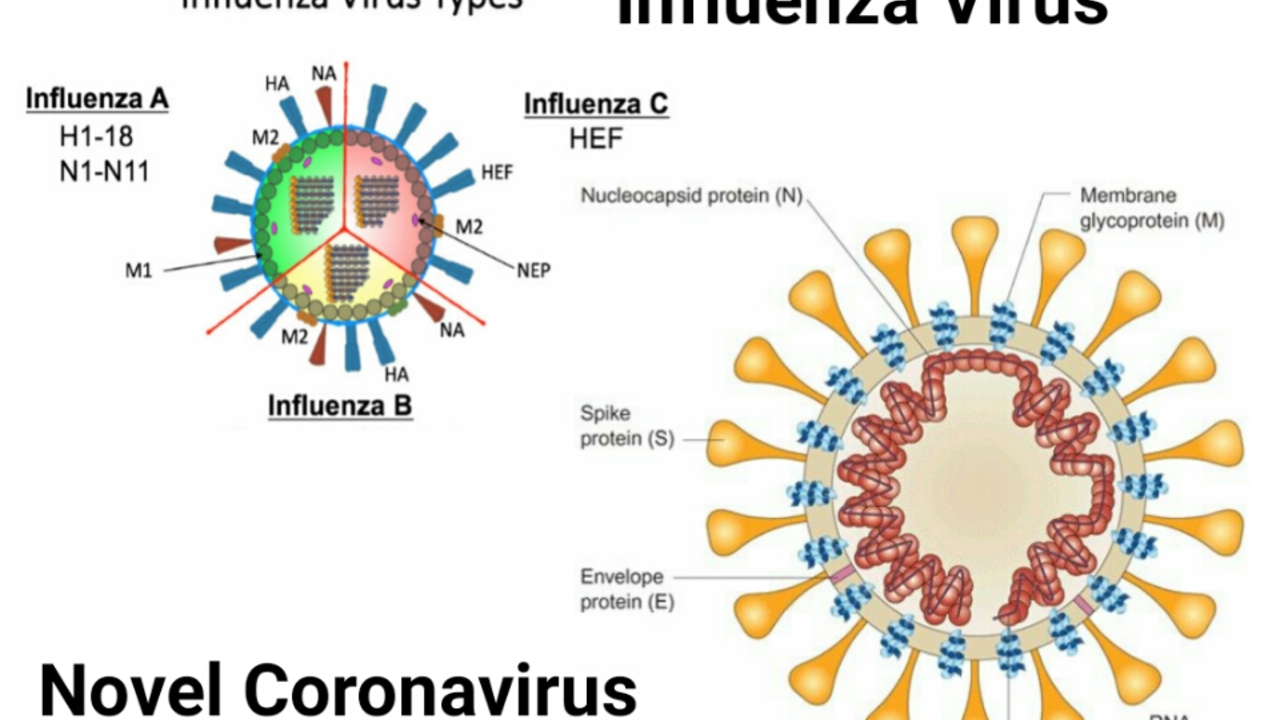As a health enthusiast, I am constantly finding ways to stay ahead of the curve when it comes to new viral threats. In this post, we’re going to dive deep into the existing antiviral treatments for novel influenza, as well as look into what the future holds for us in this space. We’ll discuss current options and the exciting developments on the horizon. So, whether you're a health professional or someone just wanting to understand better, I hope I can provide some useful and interesting insights for you!
Antiviral Treatments: What You Need to Know Right Now
Got a viral infection and wondering if there’s a pill that can help? Antivirals are the drugs that step in when a virus tries to take over your cells. They aren’t a cure‑all, but they can cut the illness short, lower the chance of complications, and keep you from spreading the bug.
First off, an antiviral isn’t the same as an antibiotic. Antibiotics target bacteria, while antivirals focus on the virus’s life cycle. That means they work by stopping the virus from copying itself, blocking the proteins it needs, or making the immune system see it better. The key idea is to hit the virus early enough that your body can bounce back faster.
How Antivirals Fight Viruses
Every virus has a weak spot, and drug developers design meds to jam that spot. For flu, drugs like oseltamivir (Tamiflu) block a protein that the virus uses to exit your cells. If the virus can’t leave, it can’t infect new cells. COVID‑19 pills such as Paxlovid combine two ingredients: one stops the virus’s main enzyme, the other keeps the first ingredient alive longer in your body.
Herpes infections get a boost from acyclovir and its cousin valacyclovir. Those meds mimic the virus’s building blocks, causing a faulty copy that can’t finish the replication process. Hepatitis C takes a different route – drugs like sofosbuvir target the virus’s RNA polymerase, stopping it from making more viral RNA.
Popular Antiviral Options and When to Use Them
Here’s a quick cheat‑sheet of the most common antivirals you might hear about:
- Flu (influenza): Oseltamivir (Tamiflu) and zanamivir (Relenza) work best if you start them within 48 hours of symptoms. Typical adult dose is 75 mg twice a day for five days.
- COVID‑19: Paxlovid (nirmatrelvir + ritonavir) is a five‑day course, taken twice daily. It needs a prescription and a quick COVID test to confirm eligibility. Molnupiravir is an alternative if Paxlovid isn’t available, but it’s a bit less effective.
- Herpes (cold sores, genital herpes): Acyclovir, valacyclovir, and famciclovir can be used at the first sign of an outbreak. A common dose for valacyclovir is 1 g once daily for five days for cold sores.
- Hepatitis C: A combo of sofosbuvir and velpatasvir (Epclusa) is taken for 12 weeks. It clears the virus in most people, but you need a doctor’s order and lab monitoring.
- RSV (Respiratory Syncytial Virus) in high‑risk adults: The newer drug, nirmatrelvir, is still being studied, but early trials show promise.
Timing is everything. Starting an antiviral early, usually within the first 48‑72 hours, gives the best chance to shorten illness. Waiting longer often makes the drug less effective because the virus has already multiplied a lot.
Side effects are usually mild. Flu meds can cause nausea or headache, COVID‑19 pills may cause a metallic taste, and herpes drugs sometimes irritate the stomach. If you notice a rash, trouble breathing, or severe vomiting, stop the drug and call a clinician.
Resistance can creep in if you don’t finish the full course or skip doses. That’s why you should always follow the exact schedule your pharmacy prints out. Missing a dose can let the virus adapt and make the drug weaker for future infections.
When you’re not sure which antiviral fits, ask yourself a few questions: Is the infection confirmed or just suspected? Do you have any liver or kidney issues that could affect dosing? Are you pregnant or nursing? Answering these helps the pharmacist or doctor pick the safest option.
Bottom line: antivirals are powerful tools, but they work best when used early, taken exactly as prescribed, and combined with rest, hydration, and good nutrition. If you feel sicker than expected, or symptoms linger past a week, reach out to a healthcare professional. They can confirm the diagnosis, check for complications, and adjust your treatment if needed.
Stay informed, keep an eye on symptom timing, and don’t hesitate to ask your doctor about antiviral options the next time a virus knocks at your door.

